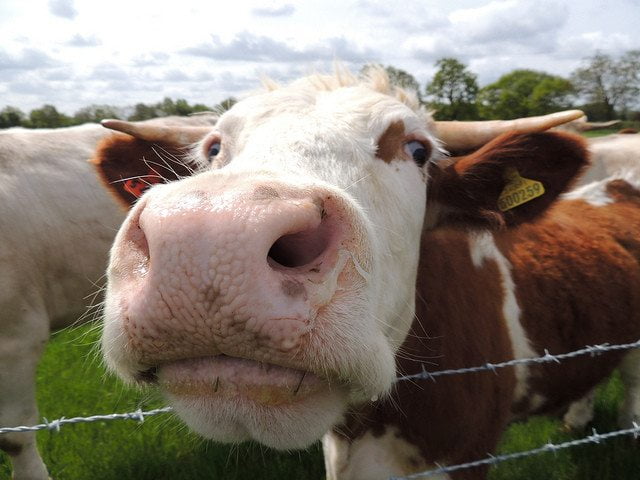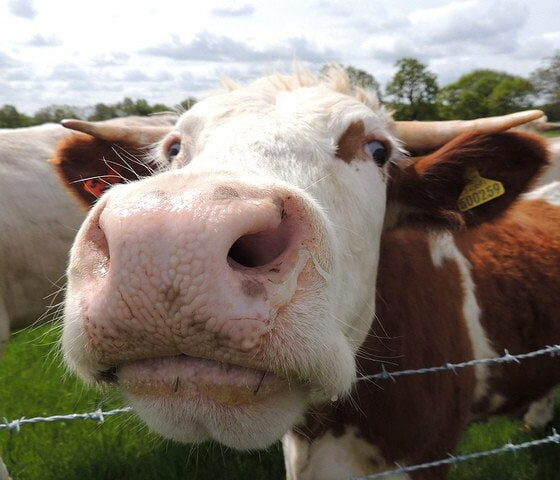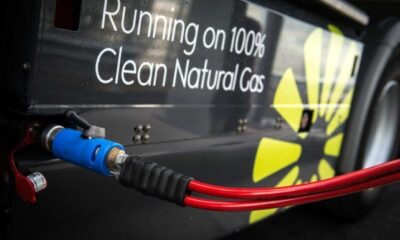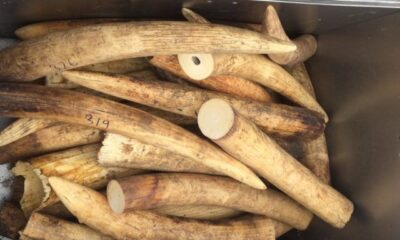

Environment
Leading Food Companies Champion Farm Animal Welfare
UK food producer, Cranswick, and Swiss retail cooperative, Migros, join Coop Switzerland, Marks & Spencer, Noble Foods and Waitrose as leaders in management and farm animal welfare reporting in the global Business Benchmark on Farm Animal Welfare (BBFAW) report.
Now in its fifth year, the BBFAW provides an annual review of how 99 of the world’s leading food companies are managing risks and opportunities associated with farm animal welfare.
The report, which is compiled in collaboration with leading animal welfare organisations
Compassion in World Farming, World Animal Protection and investment firm, Coller Capital, reveals that companies are paying increased attention to farm animal welfare within their supply chains.
For example:
● 73% of companies now have published farm animal welfare policies (compared to just 46% in 2012)
● 65% of companies have published targets on farm animal welfare (up from 26% in 2012).
Currently, 13 companies occupy leadership positions in the Benchmark’s top two tiers.
These companies demonstrate strong commitments to farm animal welfare and have established management systems and processes. They include Coop Group (Switzerland), Cranswick, Marks & Spencer, Migros, Noble Foods and Waitrose in Tier 1, and BRF, Cargill, Co-op (UK), Greggs, McDonald’s, Tesco and Unilever in Tier 2.
The report also highlights the important role being played by institutional investors in driving improvements in practice and process across the food industry.
Reflecting on these findings, BBFAW Executive Director, Nicky Amos, said
“With 26 companies moving up at least one tier since 2015, there is a clear indication that the food industry is finally starting to treat farm animal welfare as an important business issue”.
“Despite this progress, 42 of the 99 companies (including Restaurant Brands International, Domino’s Pizza Group Plc and Starbucks Corporation) appear in Tiers 5 and 6, which demonstrates that there is still much work to be done to even get farm animal welfare on the business agenda of many large global food companies.”
BBFAW Advisor, Rory Sullivan, commented
“The Benchmark shows that investors are key agents of change. They are sending a clear signal to companies that they expect food companies to effectively manage the systemic risks and opportunities posed by farm animal welfare, and it is clear that companies are responding to these expectations”.
Jeremy Coller, Founder of Coller Capital and the FAIRR (Farm Animal Investment Risk & Return) Initiative added,
“From farms to fast food chains, global investors want well managed, forward-thinking food companies. The Benchmark is an essential tool to help investors find such corporate leaders, as a company’s disclosure of farm animal welfare practices offers a valuable insight into the wider quality of corporate management.
“It’s very encouraging that 26 companies have risen up the Benchmark this year. That suggests a critical mass is building in the food sector to improve farm animal welfare management practices. The market is changing rapidly with consumers demanding higher welfare standards, regulators introducing tougher laws in areas such as antibiotic use, and investors driving change through new initiatives like FAIRR.”






























